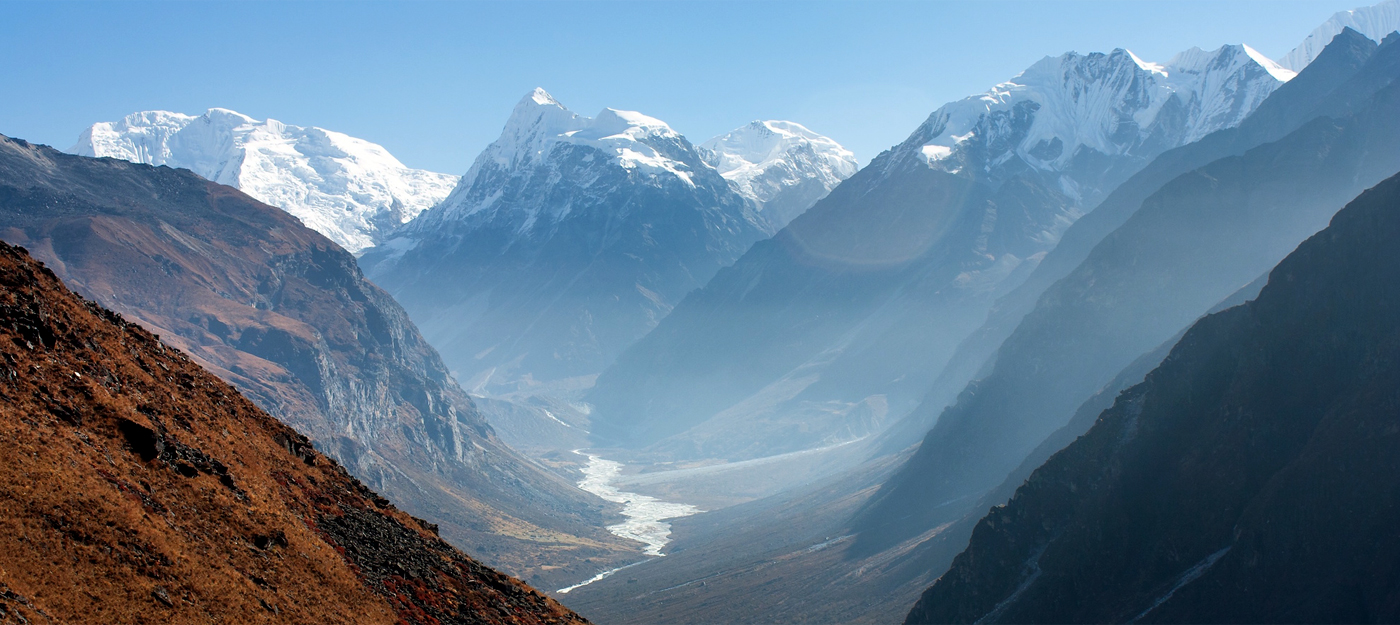
Travel Advice
Nepal is a sacred country where people still live in united families and worship god, magic, and sorcery. People in Nepal are friendly, hospitable, and courteous, making your journey to Nepal a memorable experience. However, there are a few things that every traveler should know about Nepal. Nepalese greet you by linking hands and saying Namaste, as well as gently stroking your shoulders and taping your back, which is a very common and affectionate gesture.
Let’s start with religious sites and Hindu temple visits! Non-Hindu pilgrims and pilgrims carrying leather goods like as bags, belts, and wallets are prohibited from entering Hindu temples. Inside the temple, wearing slippers is prohibited, as is taking photographs. Nudity is frowned upon, and public affection is also frowned upon. In both cities and on the trails, passing out sweets, balloons, or anything else that encourages begging is strictly prohibited.
It’s also vital not to leave valuables, such as cameras or laptops, out in the open or in your hotel room. Keep all of your belongings in your backpack or in a secure location to avoid being tempted into theft or robbery. Avoid touching small children, especially monks, on the head, and do not point soles to anyone. Please remember to use your right hand to receive or offer money, as this is a symbol of respect.
With their right hand, Nepali eat two courses of their basic meal of rice, lentils, and veggies. Before using any utensil or plates to eat, or washing your hands and rinsing your mouth in the sink, it is critical to ask the hosts first. Do not take more than you can eat, as the Nepalese believe that throwing food away will bring back a curse.
Crossing someone who has their legs stretched out or who is sleeping is not a good idea. If your legs are stretched and someone tries to cross you over, please make sure you draw out your leg. If you’re unsure about something, ask your guide or someone who knows the rules.
With their right hand, Nepali eat two courses of their basic meal of rice, lentils, and veggies. Before using any utensils or plates to eat, washing your hands and rinsing your mouth in the sink, it is critical to ask the hosts first. Do not take more than you can eat, as the Nepali belif that throwing food away will bring back a curses.
